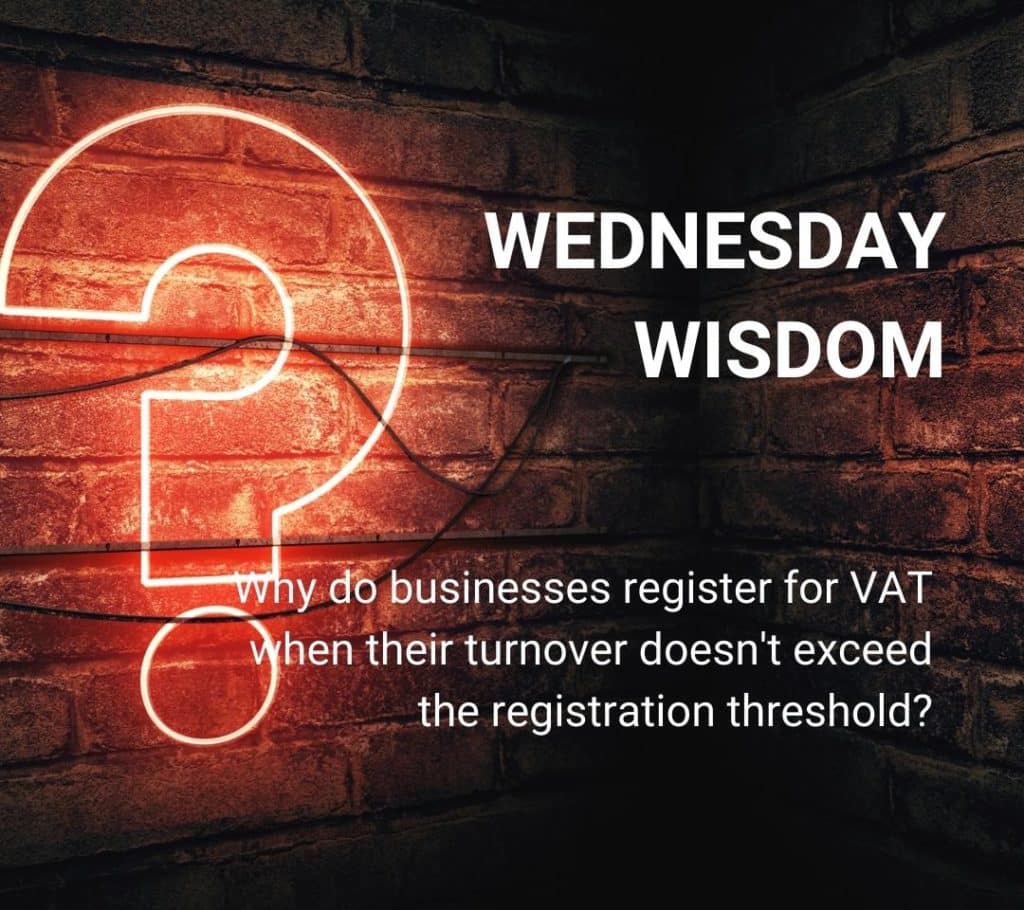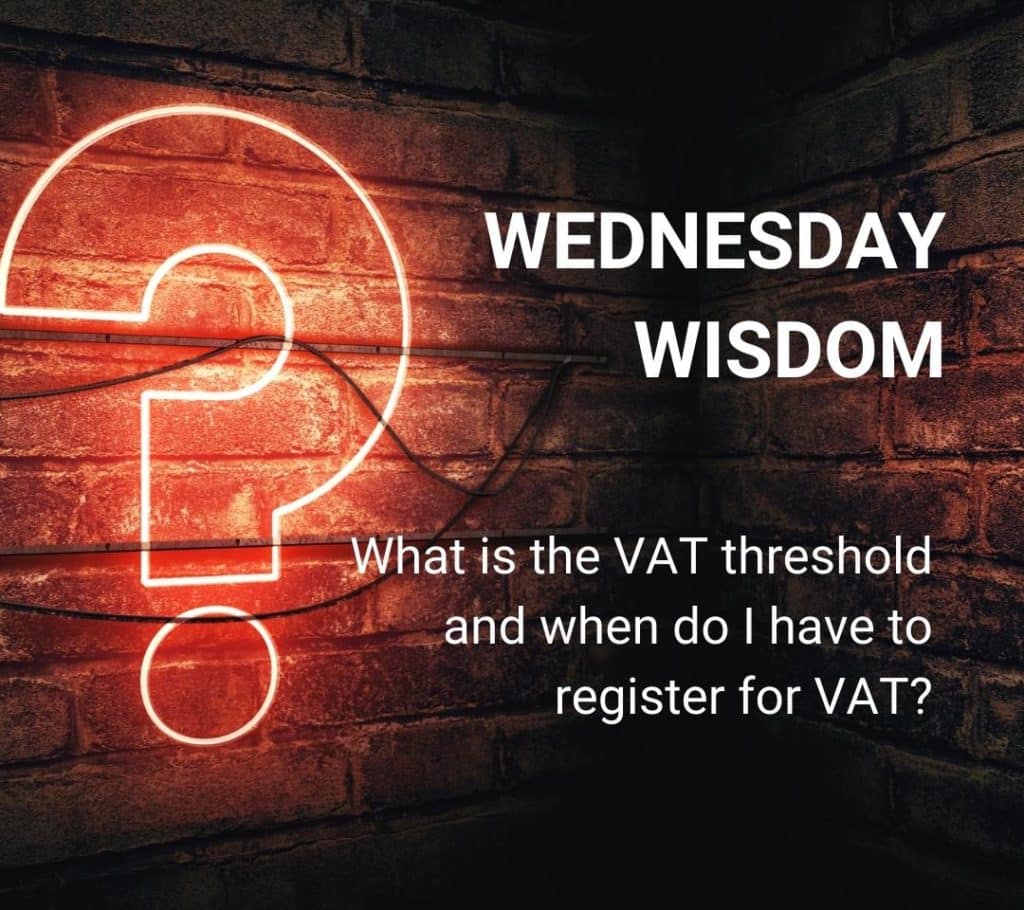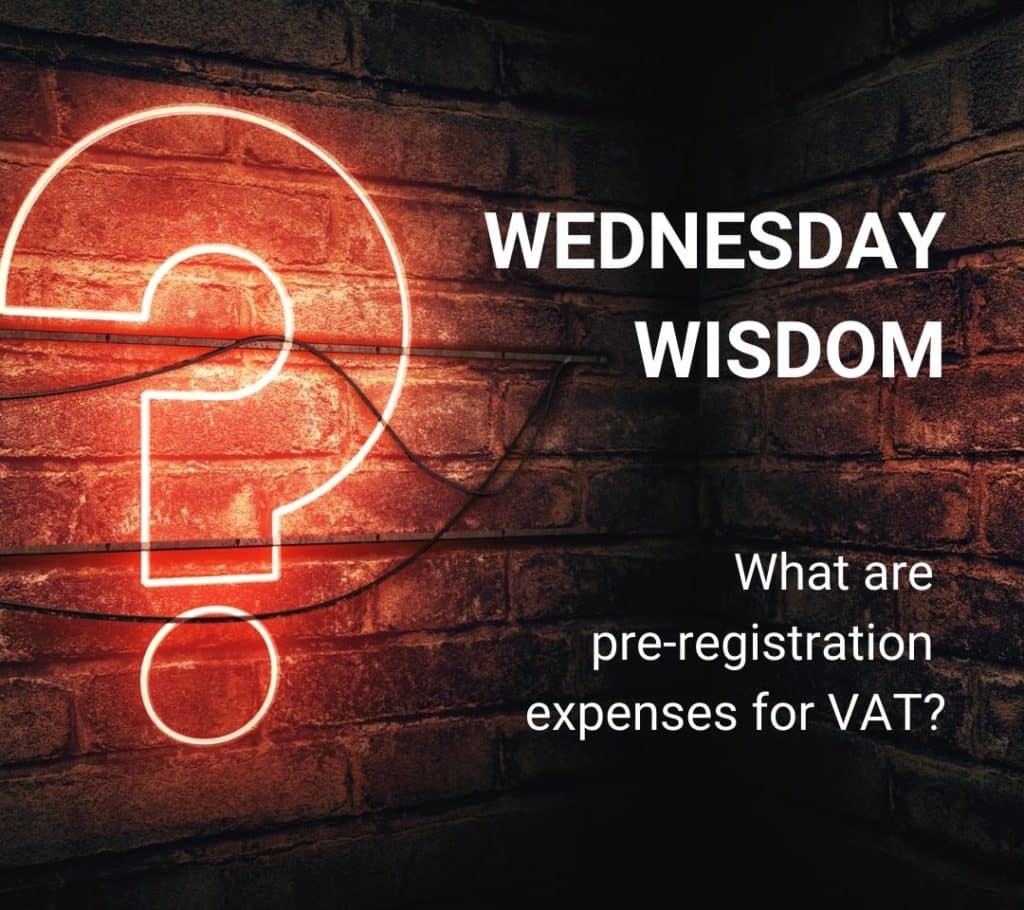A business is required to register for VAT, if they match one of the compulsory registration criteria. It is also possible to register with turnover less than £90,000.
This is called voluntary VAT registration, and there are several business benefits of doing it. Voluntary VAT registration can be a smart move for small businesses and startups.
If you register early, you can reclaim VAT on expenses, improve your credibility, prepare for growth.
But…
It’s not without risks. There’s increased admin, cash flow concerns, and price increases.
Creative Takeaways
- Voluntary VAT registration is allowed even if your turnover is under £90,000.
- It can make your business look more credible and established to clients and suppliers.
- You can reclaim VAT on business expenses, including some incurred before registering.
- It helps avoid penalties if you’re likely to exceed the VAT threshold soon.
- There are downsides like extra admin, cash flow pressure, and possible HMRC audits.
Table of contents
1. What is VAT in the UK?
First of all, we need to cover the basic question: what is VAT?
VAT stands for Value Added Tax. It’s a type of tax that is added to most goods and services sold in the UK.
Anyone who buys things or services (like products in a shop, a meal at a restaurant, or some services online) usually pays VAT as part of the price.
The standard VAT rate is 20%, but some goods and services have lower rates (like children’s car seats or home energy, which are 5%) or are even zero-rated (like most food and children’s clothes).
Businesses add VAT to their prices and then pay that money to the government.
2. What is voluntary VAT registration?
Voluntary VAT registration allows businesses to register for VAT before reaching the mandatory £90,000 turnover threshold.
Why register below the VAT threshold?
Even if your turnover is below the VAT threshold, a voluntary registration can be advantageous. If your business regularly purchases goods or services with VAT, you can reclaim costs. Larger clients also like credibility, and you can have that with a voluntary VAT registration.

You can also be a bit more proactive, and register voluntarily if you expect to exceed the threshold soon.
Keep in mind, that once you’re registered, HMRC requires you to charge VAT on your products and services, submit VAT returns, and maintain accurate VAT records.
3. Benefits of voluntary VAT registration
A voluntary VAT registration has several benefits:
- You avoid financial penalties by not risking missing the VAT threshold and failing to notify HMRC.
- Your business can appear more established and trustworthy.
- You can work more easily with suppliers and other organisations.
- You can claim back VAT on goods and services purchased for your business.
Now that we’re over the definitions, let’s dive in to see all of these benefits of voluntary VAT registration in details!
Avoid financial penalties
The obvious advantage of voluntary VAT registration is you won’t have to worry about passing the threshold, and not notifying HMRC in time, which could result a nasty fine.
You can voluntarily register for VAT whenever you want to.
Boosting your business profile
Starting out as a small business or a new limited company…
It can be tough to compete against the big boys. Most people are aware of the VAT registration threshold, so voluntarily registering your business for VAT might give the impression that your business is bigger, and more successful than it actually is.
Easing business dealings
Many suppliers and organisations are unwilling to do business with companies and SMEs that aren’t VAT registered.
You might find that without the ability to produce a proper VAT invoice many of these people will be unwilling to deal with you. The advantage of voluntary VAT registration is that you will be issued with a VAT registration number, and can more easily deal with external businesses.
VAT refunds
Another advantage of voluntary VAT registration is the ability to claim VAT on goods and services purchased for your business.
If you are selling one sort of VAT-rated product (e.g. zero rated) while buying another (e.g. standard rated), you may actually receive money back from the HMRC.
Reclaiming the past
Voluntary VAT registration allows you to reclaim VAT you incurred before registration, provided the goods or services are now wholly used in the business.
This applies to you even if your turnover is lower than £90,000.
4. Disadvantages of voluntary VAT registration
A voluntary VAT registration doesn’t only have its benefits. It also has some disadvantages:
- You’ll have extra administrative work.
- It can create cash flow challenges.
- Being VAT-registered increases the chance of HMRC audits.
These are the potential drawbacks that businesses must consider. Let’s take a deeper look!
Administrative burden
When you register for VAT, you can expect additional paperwork and ongoing reporting responsibilities.
You’ll need to submit VAT returns, keep accurate records of sales, purchases, and the VAT you’ve charged or reclaimed. You will also have to manage invoices that comply with HMRC’s VAT regulations.
Impact on cash flow
A voluntary registration can create cash flow challenges. This is especially true if your customers are consumers (B2C) who can’t reclaim VAT.
Potential for HMRC audits
VAT-registered businesses are more likely to be audited by HMRC.
Make sure that you don’t have inconsistencies in your VAT returns. Make sure you file on time, and don’t amend your submissions.
5. How to register for VAT voluntarily
You analysed the pros and cons, and now you want to register voluntarily. But how do you do that?
Well, here’s a simple, step-by-step process to help you get started!
Assess your business needs
Look at your current turnover, how much VAT you pay on expenses, and your future growth plans.
- Do you regularly buy goods or services with VAT?
- Are your clients VAT-registered and able to reclaim VAT?
- Will you likely exceed the £90,000 threshold soon?
Prepare essential information
Before you register, gather the following:
- Business name and contact details
- Bank account details
- Estimated turnover and business activity
- National Insurance number or UTR (Unique Taxpayer Reference)
Register online with HMRC
You can register through the official HMRC portal:
To do this, you have to use your government gateway account. If you don’t know how to do that, check our guide here:
Once approved, you’ll receive a VAT number, certificate, and your start date for VAT accounting.
Set up accounting software
To stay compliant and make VAT returns easier, use digital tools. Top choices we recommend:
- Xero – Great for small businesses and startups
- QuickBooks – User-friendly with strong VAT features
- FreeAgent – Ideal for freelancers and contractors
Don’t worry if you’re lost in all of this. We’re here to help, whether you need help with registration or with your accounting software.
6. Need help? Reach out!
Voluntary VAT registration can be a smart move, but it’s not right for everyone!
If your business deals mainly with VAT-registered clients or you regularly incur VAT on expenses, registering early could save money and boost your credibility. This applies even if you’re a freelancer or consultant.
It also means more admin. If you register, we’re here to help. If you change your mind, you can deregister – provided your turnover stays below the threshold!
Some businesses worry about raising prices after registering. That’s valid, especially in B2C markets, but with good pricing strategies and proper planning, you can avoid losing customers.
Not sure what’s best? Book a free consultation call with us, and let’s discuss!




